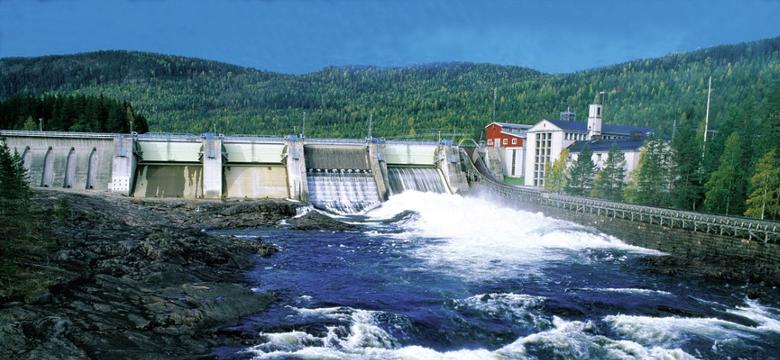
SWITZERLAND'S ENERGY CHANGES

IEA - Switzerland has the lowest carbon-intensity of its energy supply among all IEA countries thanks to a largely carbon-free electricity sector dominated by hydro and nuclear generation. However, with the country’s 2017 decision to gradually phase-out nuclear power, Switzerland faces a considerable energy-sector transition in coming decades.
Filling the gap left by nuclear power station closures while maintaining low-carbon generation and high standards of supply security will be challenging, according to the International Energy Agency's review of Switzerland's energy policies. Although the country's Energy Strategy 2050 maps a way towards a low-carbon economy with higher energy efficiency and renewable energy sources replacing nuclear energy, more ambitious reforms in the energy sector are needed to address security of supply questions.
Switzerland's abundant hydro pumped storage and reservoir capacities are important resources for the country's energy transition. Further investment in hydropower should be encouraged through a reform of the water royalty linked to electricity market prices. But Switzerland will be increasingly relying on imports from its European neighbors to meet electricity demand, especially during the winter months when low water levels impact production from hydro plants. Meanwhile, Switzerland's hydro capacity can also function as a battery for the growing share of variable renewable energy in Europe. "Fully opening the Swiss electricity market and the complete integration into the European electricity market will be central to meeting Switzerland's future energy needs," said Paul Simons, the IEA Deputy Executive Director, who presented the report in Switzerland.
Opening the electricity market for all consumers will bring innovation and more choices for consumers. "The IEA encourages the Swiss Government to bring ongoing negotiations with the European Union on an electricity agreement to a successful outcome as both Switzerland and the EU will gain access to flexible energy supplies," said Mr Simons.
Switzerland made important progress on energy efficiency, as the country's energy consumption was at the same level in 2016 as it was in 2000, even though its population grew by 15% and its economy expanded by 30%. But achieving the country's emission reduction targets set for 2020 looks ambitious based on current trends. Additional climate policies are urgently needed for the post-2020 period to help achieve the country's binding 2030 climate goals.
Switzerland's CO2 levy on fossil fuels and its automatic upward adjustment in case intermediate emission targets are not met, has proven highly effective in shifting energy demand from oil towards gas and renewables, and supporting investments in energy efficiency. "The CO2 levy represents a best policy practice example to inspire other countries", said Mr Simons, "but transport fuels are exempt from the CO2 levy and emissions in that sector are actually growing". The IEA encourages the Swiss Government to more proactively develop a strategy for electric mobility to limit emissions from the transport sector.
-----
Earlier:

2018, August, 10, 10:25:00
SWITZERLAND - IRAN SANCTIONSREUTERS - “U.S. decisions on sanctions do not affect the legal situation in Switzerland with regard to Iran,” said Fabian Maienfisch of the State Secretariat for Economic Affairs (SECO).
|

2017, April, 7, 18:40:00
THE 2017 GLOBAL ENERGY PRIZEOne of the most important events in the energy field was held in Moscow. The name of the Global Energy Prize laureate was announced during the international press conference. In 2017 the prestigious award goes to Michael Graetzel (Switzerland) “for transcendent merits in development of low cost and efficient solar cells, known as “Graetzel cells”, aimed to creation of cost-efficient, large-scale engineering solutions for power generation”. He will receive a golden medal and RUB 39 million (approximately $ 693 000). |

2016, June, 13, 20:30:00
IRAN & SWITZERLAND CONTRACTThe two companies signed the contracts after very difficult negotiations on Saturday evening. Managing Director of Sadaf Petrochemical Assaluyeh Company Ahmad Jazayeri said the Swiss company will help his company to build a plant for production of the synthetic polymer ESBR, a strategic product used in the petrochemical industry and rubber manufacturing. |












